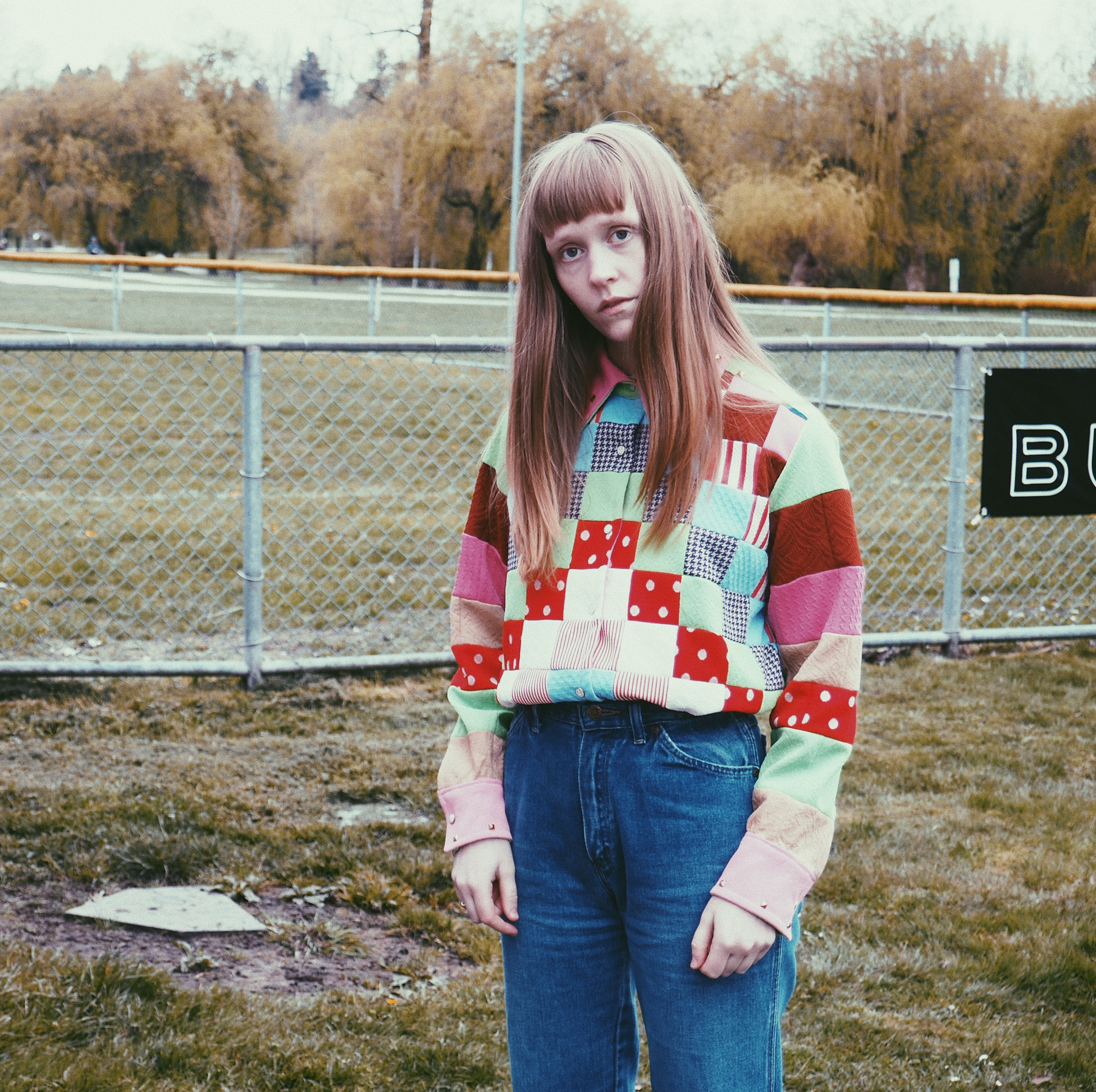Otha’s introversion can’t help but seep into the music, of course. The tracks are both stylistically introverted – with that oxymoronic listless propulsion that I describe above – and mediations on introversion. ‘I’m On Top’, for example narrates that peculiarly contemporary feeling of forcing yourself into a picture-perfect social life dictated by images of other people on social media – images that probably bear very little resemblance to the reality lived by the people posting them – even when you aren’t in the mood. “Especially now with the Insta stories,” Otha says, “you can probably watch them for an hour. People update and update what they’re doing all the time. And it’s so easy to get caught up in what they are doing – not necessarily what you are doing. And it shouldn’t really be like that. It just becomes this whole process of, you think so much about… for example, if you have some friends and they’re out and they’re having fun and you sit at home, because you have something else to do, or because you can’t be there, you get jealous. And really you shouldn’t know. Because what they’re doing, that’s their business. And you’re not really there.”
In the press blurb sent over by her PR before we chat, Otha’s work is described as being an evolution of a rich Scandinavian-pop tradition – but really, although there are some electronica sounds that are distinctively European, I can’t detect much that’s typically Scandinavian about the sound (if there’s even any such thing as a Scandinavian sound). Perhaps it’s getting at Otha’s obvious adoration of the Swedish pop-sensation Robyn, whose ‘Body Talk’ she describes as “the ultimate album” (and it’s hard to disagree).
“I just love it because I feel like every song on the album is a hit,” she says. It’s so catchy, and its so driving. And also the lyrics. Robyn, when she writes lyrics – it’s something anyone can relate to. I don’t know how to explain it. I’ve listened to that album more than any other album. It’s so driving, and every song makes you happy and sad. You could feel anything, and it would be ok to listen to it.”
In general though, it isn’t a particular strand of music that makes Otha tick – she joined a classical choir as a child, and at home her father would play what she describes as ‘rhythmic piano’. Mostly, she’s into people that invent their own genre, “and they don’t, for example, write a verse-chorus, verse-chorus kind of song. That really inspires me. Like, they’re just creative and they do whatever comes up in their mind.”
All Otha really wants, as she and Tyler work to polish enough songs for a live 30-minute set this year, is to make music that people can relate to in their own lives. Music that expresses a politics of connection paradoxically disabled by a social media culture where we are more connected than ever, but mostly made to feel all alone. “I had a person write to me on Instagram. And she said – I forget which song it was, maybe it was both – but she said it helped her to get out of a bad relationship. And I was like ‘oh wow.’ It’s cool that it can speak to people like that. So I’m kind of not trying to change the world in the broader sense, but to speak to people more. More of a personal thing, through the music.”
